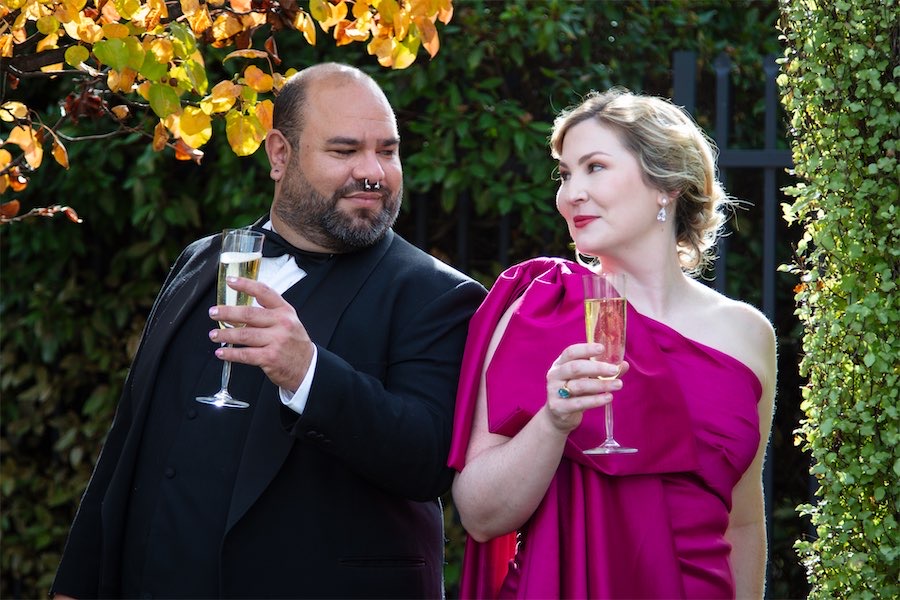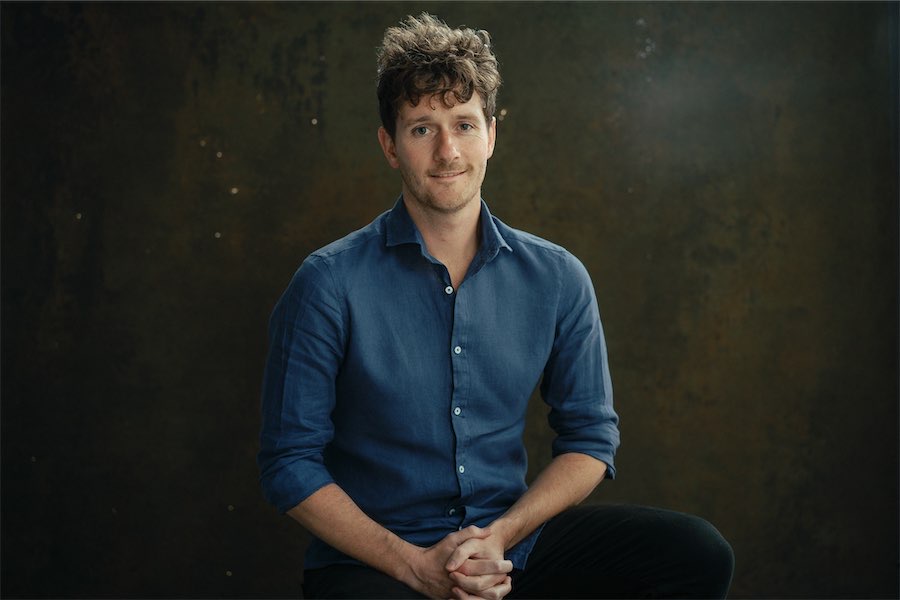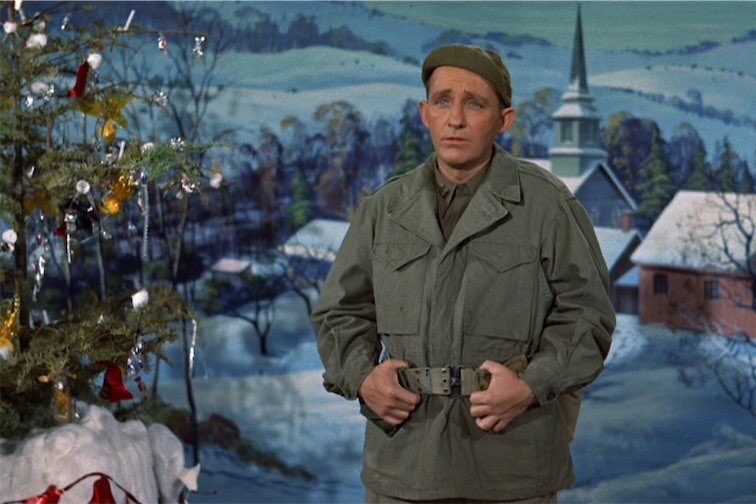
The Merry Widow, one of the most successful musical theatre pieces ever, has been selling out all around the world since its 1905 premiere in Vienna.
Sarah Darnley-Stuart plays the lead role of Hanna Glavari in the coming production at The Q of the famous work with music by Franz Lehár and book and lyrics by Victor Léon and Leo Stein.
Darnley-Stuart is something of a veteran in Canberra, and has been singing demanding roles in L’Elisir D’Amore, Suor Angelica, National Opera Mother’s Day’s concert and as a soloist in Missa Solemnis.
But operetta, just as much as opera, demands high technical skills – both are challenging.
“The difference is mainly in the type of story that’s told in operetta, which is a bit lighter and a bit more comic, think Gilbert & Sullivan. It does have deeper subject matter, but portrayed in a light way,” she says.
The Merry Widow is about as accessible as any operetta could be for a newcomer, she says, with beautiful arias and magnificent orchestration.
National Opera has engaged well-known musical theatre director Ylaria Rogers, partnering with High Kix Cabaret, as well as the National Opera Chorus and Chamber Orchestra.
According to Darnley-Stuart, Rogers “is open to learning about operetta, even though it’s not her background… she brings knowledge and kindness to the way she approaches her directing.”
In operetta, she says, there is much more spoken dialogue than in opera and that adds a comic edge to The Merry Widow.
But it also poses a problem, for musical-theatre performers are used to being mic’d up but opera singers, with their powerful voices, not so, especially in a small auditorium such as The Q.
Conductor Louis Sharpe says: “Because the work is an operetta with spoken dialogue, we have chosen to give the artists some amplification but it’s only for the spoken sections. With regard to the sung lines, they’re all sung naturally.”
This, he assures me, is in line with what most companies would do in a similar space and work.
Now to the story.
Rich widow Hanna is being inveigled by Baron Zeta, the Pontivedrian ambassador in Paris, to save their native country from bankruptcy by marrying a fellow Pontivedrian.
His choice is Count Danilo, who turns out to be Hanna’s first love. But now Danilo swears he will never marry her now because of her fortune. The plot, along with a silly subplot, thickens.
Will Hanna and Danilo get back together? The famous Merry Widow Waltz gives us a clue to the answer.
Darnley-Stuart, by day a speech pathologist within the ACT Education Directorate, says she’s hard put to identify her favourite parts in the show.
“It’s hard to go past the Vilja song, such a beautiful piece with the orchestra underscoring it and a really beautiful vocal line.”
Another favourite is when lovers Camille and Valencienne sing, With Love in my Heart, “quite beautiful.”
“Then there’s the chorus, Women! Women! Women! where the men are explaining their conundrum with women – it’s entertaining and a bit ridiculous.”
Darnley-Stewart would characterise herself as a lyric soprano and her opposite number, the Canberra trained former Opera Australia singer Sitiveni Talei as Danilo, has what she calls “a high baritone but with the ability to extend into the upper registers while keeping a rich quality”.
“It’s wonderful to be working with someone of his calibre,” she says, but equally, Joe Dinn as Baron Zeta, is a very seasoned professional performer, both help her in the role of the widow.
The script makes it quite clear that Hanna was forced into a loveless marriage, but of course it’s operetta, not a tragedy and Darnley-Stewart says: “What I like about Hanna is that she’s independent and she’s got quite a lot of gumption.
“The Merry Widow was written in a time when women were the property of fathers and husbands but the only exception was if you were a rich widow.”
The Merry Widow, at The Q, Queanbeyan, August 23-25.
Who can be trusted?
In a world of spin and confusion, there’s never been a more important time to support independent journalism in Canberra.
If you trust our work online and want to enforce the power of independent voices, I invite you to make a small contribution.
Every dollar of support is invested back into our journalism to help keep citynews.com.au strong and free.
Thank you,
Ian Meikle, editor




Leave a Reply